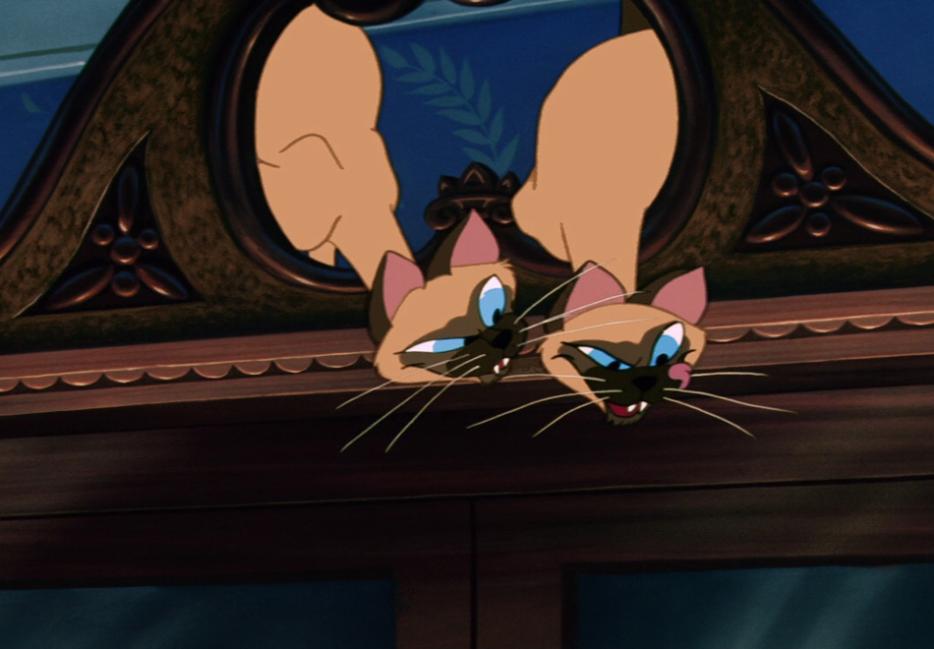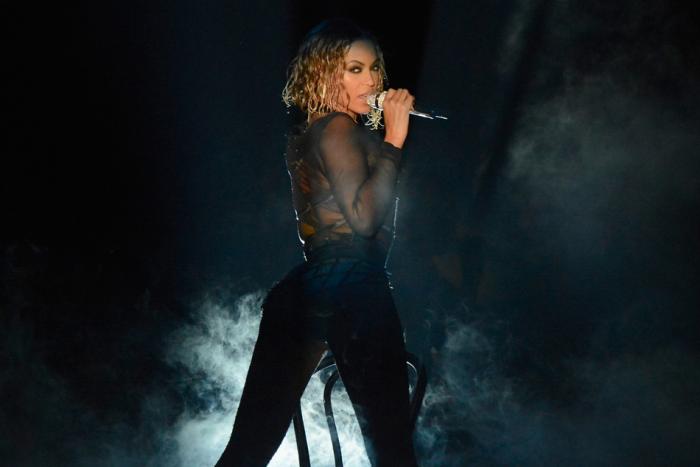As the world knows, the latest scandal videos of Toronto’s crackerjack bossman have him hanging at a suburban fast-food joint with his indicted-dealer pal, calling the police chief a “cocksucker” and throwing island slang around like mango chunks in a juicer.
The funny thing about the song is that, while obviously racist on a whole bunch of levels, its praise for Mr. Ching Chong’s opium, by whose graces “gently you’ll float away/ far out on Slumber Bay,” actually rings sincere.
Which hints at the elusive reversal in much of this legacy, including Rob Ford’s fratois fumble: Such racial mimicry may be laced with ignorance but it’s often also inspired by the casual cross-cultural exposure that arises from urban life; it shows a kind of wary curiosity about other communities, however condescending—as cultural theorist Eric Lott put it in the title of his famous study of minstrelsy (which identity-swapping virtuoso Bob Dylan swiped for his 2001 album), it’s a matter of both Love and Theft.
Although Ford’s famously been caught out in the past regurgitating stereotypical clichés like that Asians “work like dogs,” he’s also conspicuously quite at ease in visiting housing projects where almost all the residents are non-white and there practicing his trademark retail politics of arranging small repairs, etc. While his overall policies reflect an insular suburban vision, it’s in such moments that you can glimpse that he did actually grow up in a diverse metropolitan world. And his bumbaclot performance in many ways was another. (At least it’s superior to his imitation of a mayor.)
Idealistically it’s possible to imagine this impulse to imitate and mimic can be turned to a willingness to mingle and mix—that it can undermine assumptions and segregations, not just reinforce them. When Spike Lee in Bamboozled casts a skeptical eye on much of hip-hop (and especially its white fans and participants) as modern minstrelsy, it’s bracing but not entirely convincing, given how much hip-hop has dominated and reshaped mainstream culture in the past few decades. (Cultural critic Greg Tate’s 2003 anthology Everything But the Burden is a challenging exploration of these contradictions.)
And when one of the most popular children’s programs on the BBC is called Rastamouse, about a reggae-playing mouse and his group Da Easy Crew, is that another degrading reduction, in the British “golliwog” lineage, or is it a gesture of inclusion—especially given that one of its creators is a Trinidadian immigrant himself?
It’s difficult to make any hard-and-fast rules. Still, if I were one of Ford’s (dwindling number of) advisers, I’d suggest that if you’re about to do anything in public that in less than a couple of steps might lead an onlooker to start contemplating “coon songs,” Jar Jar Binks and “ching-chong Chinamen,” think twice.
Or, probably more to the point, at least once.
The News in Art appears every Tuesday.






